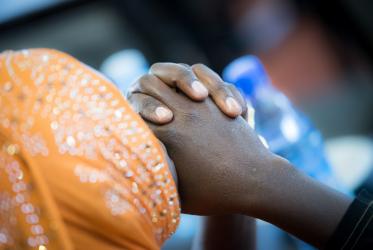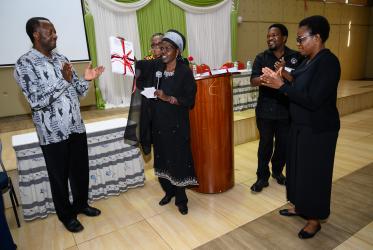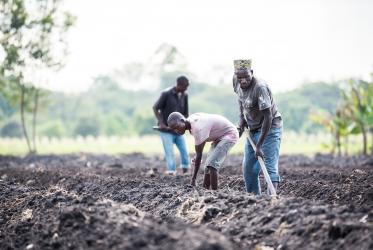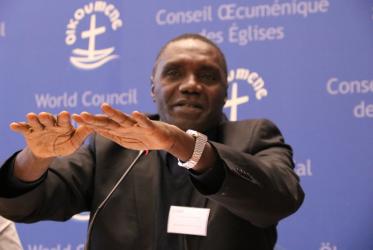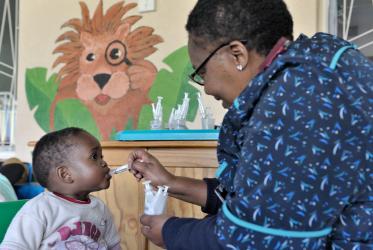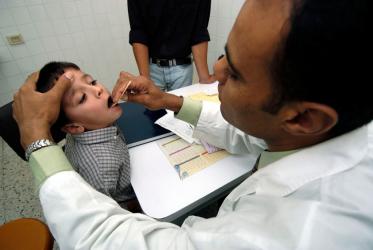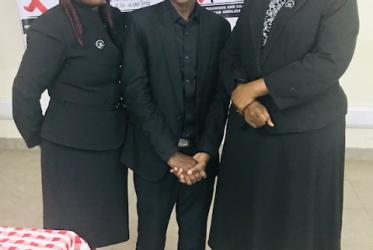Displaying 141 - 160 of 372
WCC condemns massacre of farmers in Philippines
12 April 2019
Faith and HIV treatment go hand in hand
06 March 2019
Agreement works toward food security in South Sudan
23 February 2019
On the journey to HIV – bridging gaps, debunking myths
21 February 2019
Media invite: Global collaboration on migrants, refugees and HIV
19 February 2019
Young people in Nigeria focus on positive masculinity, femininity
14 December 2018
Dialogue addresses improving HIV testing and treatment for children
10 December 2018
WCC hones training on attitudes toward HIV treatment
06 December 2018
Dr Cecile De Sweemer, the doer of God
30 November 2018
Don’t give up the vision of health care for all! urges WCC
07 November 2018
Worrying food shortages compel faith action
19 October 2018
